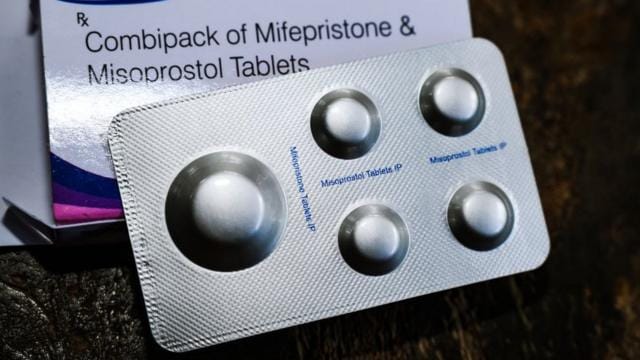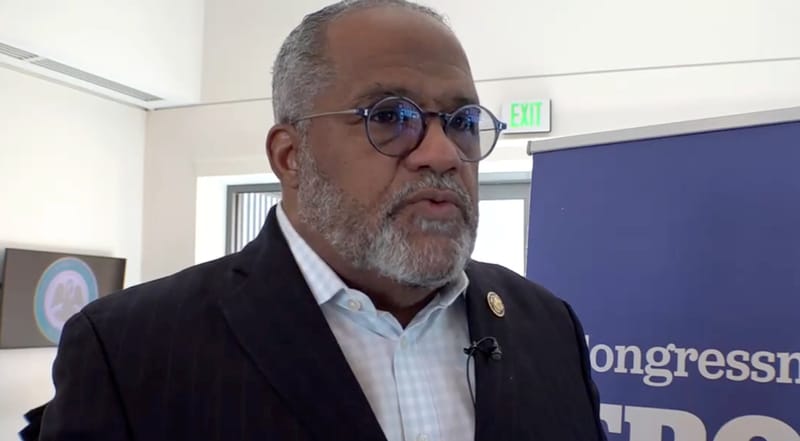Louisiana Governor Signs Bill Classifying Abortion Medications as Controlled Substances

BATON ROUGE, La. — Governor Jeff Landry signed a bill into law Friday, making Louisiana the first state to classify two abortion-inducing medications as controlled substances. The bill, SB 276, received support from anti-abortion groups but faced opposition from many doctors who worried it could hinder timely medical treatment.
The legislation, passed by Louisiana’s GOP-controlled House in a 64-29 vote, reclassifies mifepristone and misoprostol as Schedule IV drugs under the state’s Uniform Controlled Dangerous Substance Law. This category typically includes drugs prone to abuse or addiction. Louisiana already enforces a near-total abortion ban, permitting abortions only when the mother’s life is at substantial risk.
“Requiring an abortion-inducing drug to be obtained with a prescription and criminalizing its use on an unsuspecting mother is common sense,” said Governor Landry. “This bill protects women across Louisiana, and I was proud to sign it into law.”
Penalties for violating the new law include fines and up to 20 years in prison. Over 250 physicians, including OB-GYNs and emergency medicine specialists, signed a letter to the bill’s sponsor, Sen. Thomas Pressly, arguing the reclassification could delay essential, life-saving care.
“Schedule IV drugs include medications with clear risks of abuse and dependence,” the letter stated. “Neither mifepristone nor misoprostol have shown potential for abuse or high rates of adverse side effects.”
He Pressly introduced the bill after his sister, Catherine Pressly Herring, testified that her ex-husband secretly administered abortion drugs to her in Texas. He was sentenced to 180 days in jail.
“There’s a lot of concern and debate over the added amendment,” said Rep. Julie Emerson. “I understand there’s a lot of good uses for these medications, but they can be incredibly harmful if over-utilized.”
Mifepristone and misoprostol are commonly used to treat miscarriages, stop obstetric hemorrhaging, induce labor, and prepare for various uterine procedures. The U.S. Food and Drug Administration approved mifepristone in 2000 for ending pregnancies, especially when used with misoprostol. Medical experts emphasize that their use for abortions constitutes only a small portion of their applications.
The U.S. Supreme Court recently heard arguments about restricting access to mifepristone but showed hesitancy to impose such limits. Some fear the new Louisiana law could make patients, doctors, and pharmacists reluctant to use these medications, delaying proper care.
While Emerson insists the bill does not prevent doctors from prescribing the drugs, Democrats like Rep. Mandy Landry argue it will delay care due to additional regulatory steps.
The passage of SB 276 marks a significant shift in state-level abortion regulation, potentially setting a precedent for future legislation nationwide.






